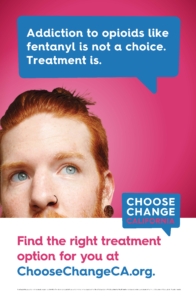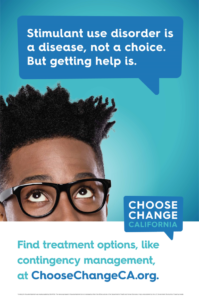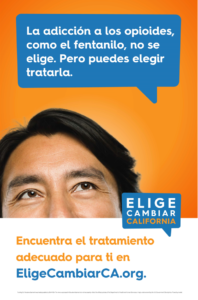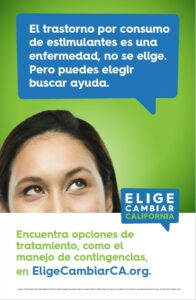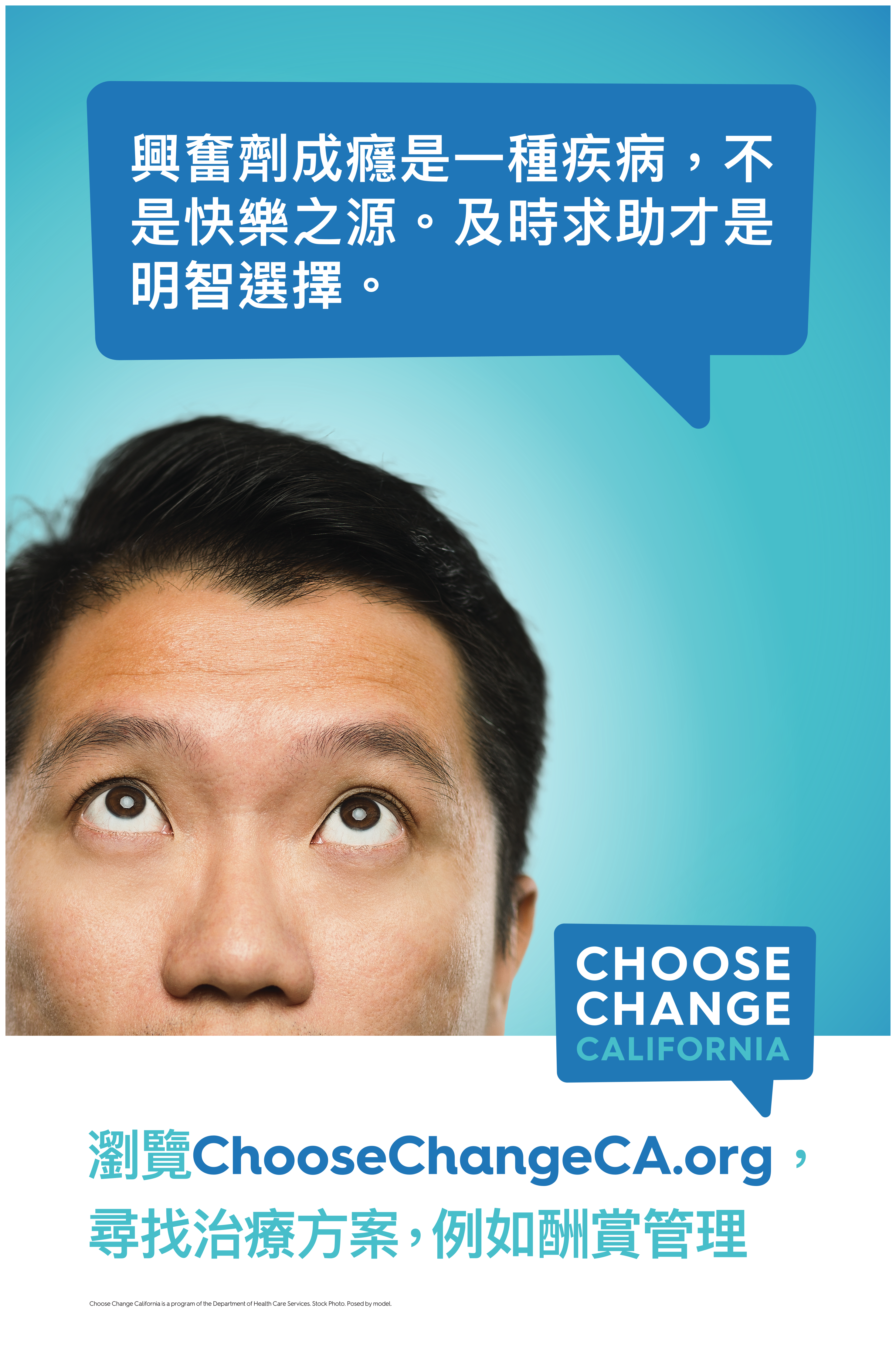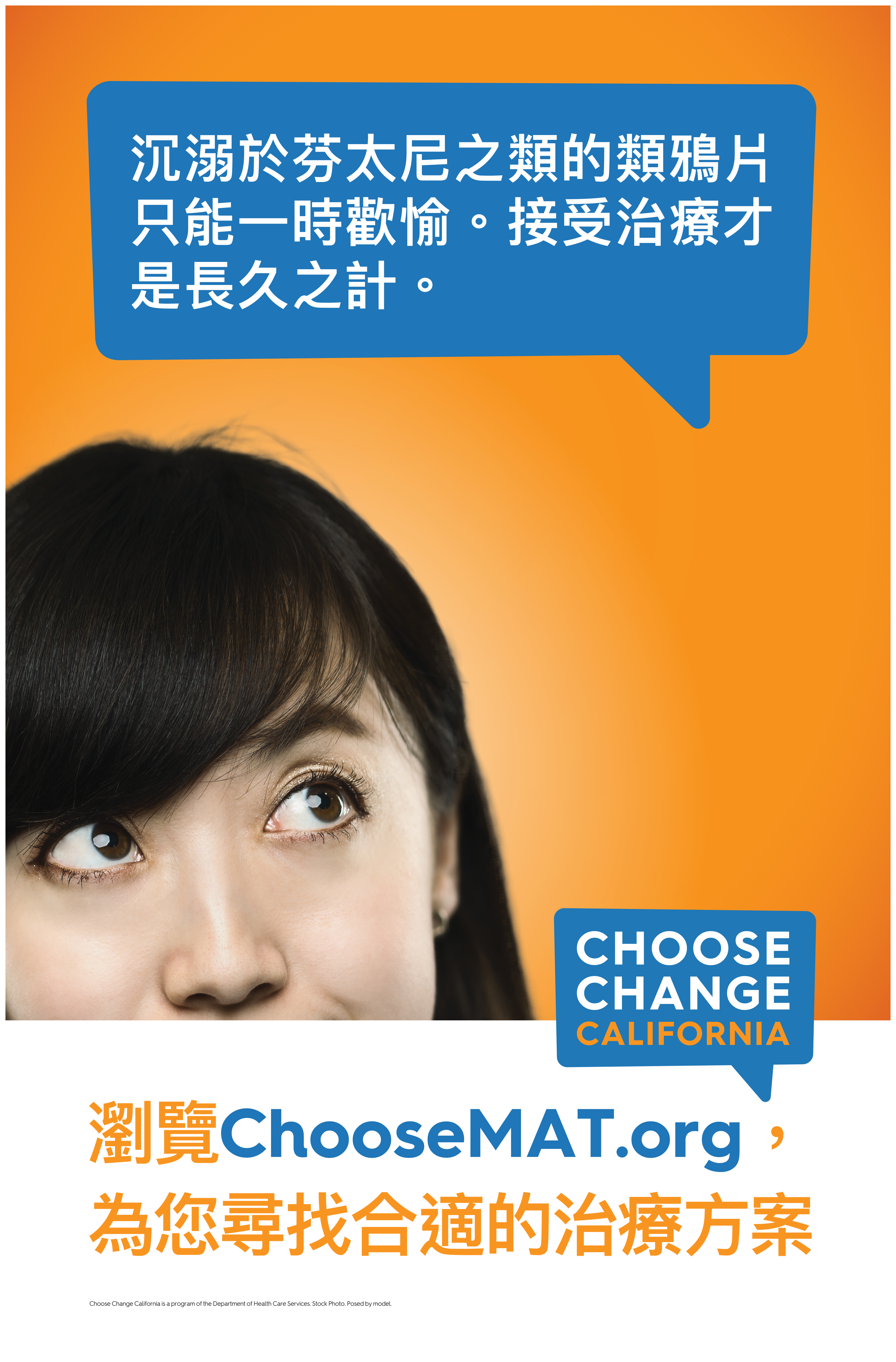Tribal MAT Project
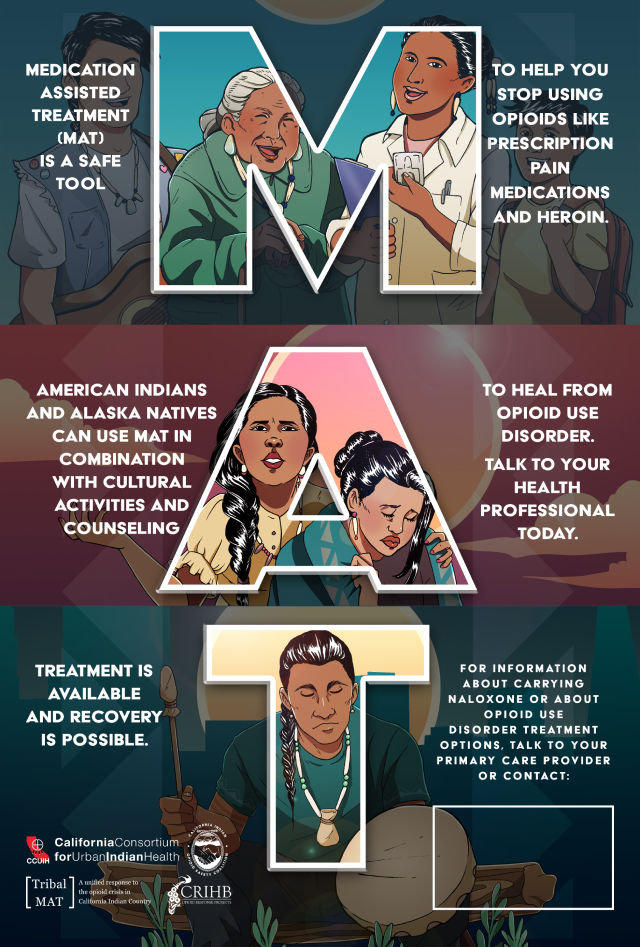
Described by its lead entities as “A unified response to the opioid crisis in California Indian Country,” the Tribal MAT Project was designed to meet the specific opioid use disorder prevention, treatment, and recovery needs of California’s Tribal and Urban Indian communities. In close partnership with representatives of the communities served, the California Department of Health Care Services developed the project to promote opioid safety, improve the availability and provision of MAT, and facilitate wider access to naloxone with special consideration for Tribal and Urban Indian values, culture, and treatments.
The Tribal MAT Project is focused on sharing knowledge among Tribal and Urban Indian communities, Tribal and Urban Indian health programs, and community-based partners on best practices for prevention, treatment and recovery from opioid use disorder, stimulant use disorders, and other co-occurring substance use disorders in California Indian Country. For more information about the Tribal MAT Project overall, contact Jessica Nasello. The Tribal MAT Project receives funding from the State Opioid Response (SOR) grant through the Substance Abuse and Mental Health Services Administration (SAMHSA).
The following organizations are implementing complementary initiatives to achieve the goals of the Tribal MAT Project:
California Indian Opioid Safety Coalition
Led by the California Consortium for Urban Indian Health (CCUIH), the California Rural Indian Health Board, Inc. (CRIHB), and Kauffman & Associates, Inc. (KAI), the California Indian Opioid Safety Coalition (CIOSC) is a statewide coalition of American Indian and Alaska Native (AI/AN) and AI/AN serving organizations collaborating in an organized response to the opioid epidemic in California Indian Country. CIOSC shares successful and emerging examples of Tribal and Urban Indian community health approaches to promote opioid safety, integrate MAT services into health care, and address stimulant misuse during tri-annual CIOSC meetings.
- CCUIH TMAT website and project contact: Jackie Pierson
- CRIHB TMAT website and project contact: Rahmad Perry
- KAI website and project contact: Dr. Danica Love Brown
California Indian Harm Reduction Workgroup
CCUIH and CRIHB support the statewide California Indian Harm Reduction Workgroup to develop and articulate approaches and principles for Native harm reduction that represent Tribal and Urban Indian communities’ values and needs. The workgroup will identify and disseminate best practices for harm reduction strategies within California’s AI/AN communities. It may also provide funding and technical assistance opportunities for local AI/AN harm reduction efforts. CCUIH and CRIHB convenes this workgroup with Tribal and Urban Indian community members from across the state, with support from KAI.
- CCUIH TMAT website and project contact: Jackie Pierson
- CRIHB TMAT website and project contact: Rahmad Perry
- KAI website and project contact: Dr. Danica Love Brown
Tribal and Urban Indian Community Defined Best Practices
Led by a partnership between The Center at Sierra Health Foundation, CCUIH, CRIHB, KAI, and USC, the Tribal and Urban Indian Community Defined Best Practices program is a grant funding and technical assistance opportunity for Tribal and Urban Indian health programs. The goal of the program is to support the local integration of cultural and traditional healing and recovery practices into developing or existing Tribal and Urban Indian health programs for SUD services. The program will offer individualized technical support to grantees, facilitated learning opportunities, and implementation resources.
- CCUIH TMAT website and project contact: Jackie Pierson
- CRIHB TMAT website and project contact: Rahmad Perry
- KAI website and project contact: Dr. Danica Love Brown
- The Center at Sierra Health Foundation website and project contact: Amy Lawrence
- USC TMAT website and project contact: Claradina Soto
- Tribal and Urban Indian Community Defined Best Practices Program Overview
California Native Medications for Addiction Treatment Network for Healing and Recovery
KAI is leading the implementation of the Native MAT Network, a funding and technical assistance opportunity for Tribal and Urban Indian organizations to develop, enhance, and sustain MAT and/or stimulant use disorder services in ways that leverage the local Tribal cultural context and facilitate peer-to-peer learning. The Native MAT Network will establish a vibrant community of Tribal and Urban Indian MAT and stimulant use disorder treatment providers that integrate treatment best practices with cultural best practices to develop locally meaningful and sustainable community response to substance use disorder.
- KAI website and project contact: Dr. Danica Love Brown
- The Center at Sierra Health Foundation website and project contact: Amy Lawrence
- Learning Community Program Overview
Substance Use Support Alliance for Tribal and Urban Indians
Led by KAI, The Substance Use Support Alliance for Tribal and Urban Indians is a no-cost statewide, resource center for California Native organizations and other public-serving organizations that provide substance use prevention, harm reduction, treatment, and recovery services to California residents. The purpose of the resource center is to offer a range of Native-centric resources and training opportunities to support the ability to engage and provide culturally meaningful services to Native people. Some examples of the type of TA that can be requested include:
- Applying to the Naloxone Distribution Project
- Program sustainability resources
- Stigma reduction trainings
- Addiction treatment best practices
Substance Use Support Alliance website and project contact: Dr. Danica Love Brown and Dr. Rochelle Tuttle
Tribal and Urban Indian Local Opioid Coalitions
CRIHB will continue supporting Tribal health programs to establish Tribal Local Opioid Coalitions, which are multisector, interagency partnerships of community members, stakeholders, and service providers who work together to reduce and eliminate opioid- and stimulant-related deaths and other impacts of opioid and stimulant use in Tribal communities. KAI will support CRIHB as the Tribal Local Opioid Coalition activities move forward. Coalition activities include completing a community readiness assessment, developing tribal action plans, conducting program evaluation, and implementing plans to combat opioid and stimulant misuse. In addition, CCUIH will continue supporting Urban Indian health organizations to participate in CIOSC and Local Opioid Safety Coalitions, all part of the California Opioid Safety Network.
- CCUIH TMAT website and project contact: Jackie Pierson
- CRIHB TMAT website and project contact: Rahmad Perry
Community Campaign and MAT Champions
CCUIH and CRIHB develop and disseminate culturally adapted prevention, treatment, and recovery materials that are specific to Tribal and Urban Indian communities, patients, providers, and stakeholders. In addition, CCUIH and CRIHB serve as MAT Champions to support the development of Tribal and Urban Indian stakeholders’ prevention, treatment, and recovery services, and to coordinate relevant MAT-related resources and technical assistance services available to Tribal and Urban Indian providers. The CCUIH and CRIHB MAT Champions also distribute naloxone and provide trainings for Tribal and Urban Indian communities and health programs on addiction, MAT, harm reduction, opioid safety, and naloxone.
- CCUIH TMAT website and project contact: Jackie Pierson
- CRIHB TMAT website and project contact: Rahmad Perry
- KAI website and project contact: Dr. Danica Love Brown
SUD Policy Advocacy Training Fellowship
The University of Southern California (USC) Keck School of Medicine will lead a policy advocacy training fellowship for members of and/or individuals working with Tribal and Urban AIAN communities in California. The goal of the online fellowship is to teach effective approaches to engage local, state, federal, and Tribal policymakers about substance use disorder (SUD)-related community needs. The SUD Policy Advocacy Training Fellowship will focus on using data-informed approaches to enhance advocacy messaging, leverage stakeholder opportunities, and tailor concrete policy proposals for targeted audiences.
- USC TMAT website and project contact: Claradina Soto
California AIAN Fellowship for Health Professions
The University of Southern California (USC) Keck School of Medicine will develop and implement a fellowship for California students, recent graduates, and career switchers who are aiming to work in fields related to health or social services and who are interested in SUD and working with AIAN communities. The ultimate goal of this fellowship is to expand the pool of qualified professionals who are both interested in and qualified to work with AIAN communities and in SUD/OUD fields. By expanding this pool, they aim to address staffing challenges including difficulties in hiring enough qualified staff and high turnover rates.
- USC TMAT website and project contact: Claradina Soto
Tribal MAT Project Data Analytics
UCLA Integrated Substance Abuse Programs (ISAP) is spearheading the Tribal MAT Project Data Analytics initiative with the goal of supporting strategic planning efforts to identify and reduce disparities for AI/AN individuals with substance use disorder. UCLA will examine data to show how the county-based behavioral health delivery system is meeting the needs of AI/AN individuals with substance use disorder as compared to other racial and ethnic groups with respect to access to care, rates and duration of service utilization, quality of care, and health outcomes. In addition, the Tribal MAT Project Data Analytics initiative will offer starting point resources for counties to consider with respect to engagement with local Tribal communities.
- Data Analytics project contacts: Vandana Joshi and Darren Urada
Pathways to Healing (PaTH)
UCLA ISAP will offer regional training opportunities for Tribal, Urban Indian, and community-based behavioral health providers to learn more about culturally driven treatment modalities and practices for AI/AN individuals with substance use disorder. The training curriculum and events will focus on implementing evidence-based and culturally-informed strategies that providers and clinicians can use to improve their treatment programming and services in ways that incorporate the Tribal beliefs, cultures, traditions, and values of their patients. Opportunities to network and engage with other providers, clinicians and communities treating AI/AN individuals across the state is a key element to this set of work. This project is part of the UCLA Opioid and Stimulant Implementation Support-Training and Technical Assistance (OASIS-TTA) Program.
- UCLA OASIS TMAT Projects website and project contact: Mamta Bhakta
Tribal MAT Project ECHO
UCLA ISAP hosts a monthly Tribal MAT ECHO™ Clinic supporting health care providers in Indian Country to improve the delivery of culturally responsive, evidence-based treatment for opioid and stimulant use disorders. The Project Extension for Community Healthcare Outcomes (ECHO™) model is a distance learning method that links specialists at academic medical centers with primary care clinicians in local communities. The Tribal MAT ECHO™ Clinic is scheduled for the fourth Monday of each month. Each clinic begins with a presentation on a topic relevant to the delivery of opioid and/or stimulant use disorder treatment and features a facilitated discussion of a case or clinical question. Attendees are encouraged to bring complex patient cases and clinical questions for peer-to-peer discussion with input and consultation experts. Continuing education credits are available for certified and licensed participants. This project is part of the UCLA OASIS-TTA Program.
- UCLA OASIS TMAT Projects website and project contact: Christian Frable
State/Local-Tribal Collaboration Project
Challenges around collaboration between state/local entities and American Indian/Alaska Native (AIAN) Tribal nations and Tribal/Urban Indian organizations are common nationwide and span many areas of work. Seeking to learn more about and address some of these challenges, the USC Keck School of Medicine will carry out a project to explore and address some of these challenges as they relate to substance use disorder/opioid use disorder in California.
- USC TMAT website and project contact: Claradina Soto
Additional Resources
- Tribal MAT flyer
- Addressing the Opioid Crisis in American Indian & Alaska Native Communities in California: A Statewide Needs Assessment
- Tribal Response to the Opioid Epidemic in California: A Community Report
- Urban American Indians and Alaska Natives Experiencing Homelessness in California: Strategies for Addressing Housing Insecurities and Substance Use Disorder

